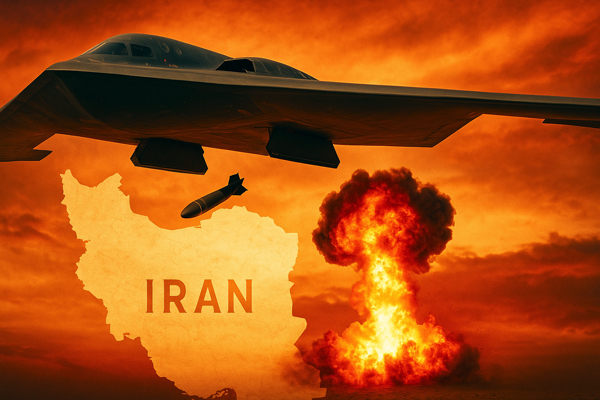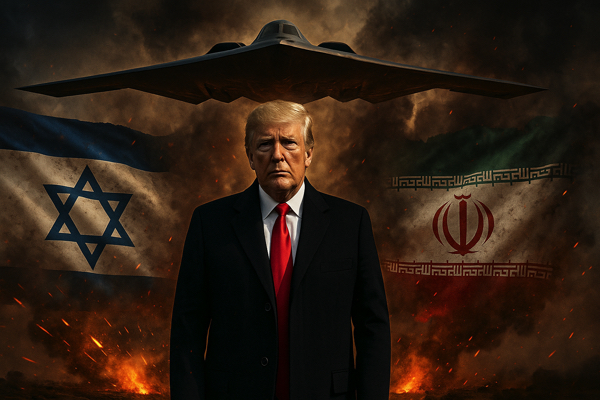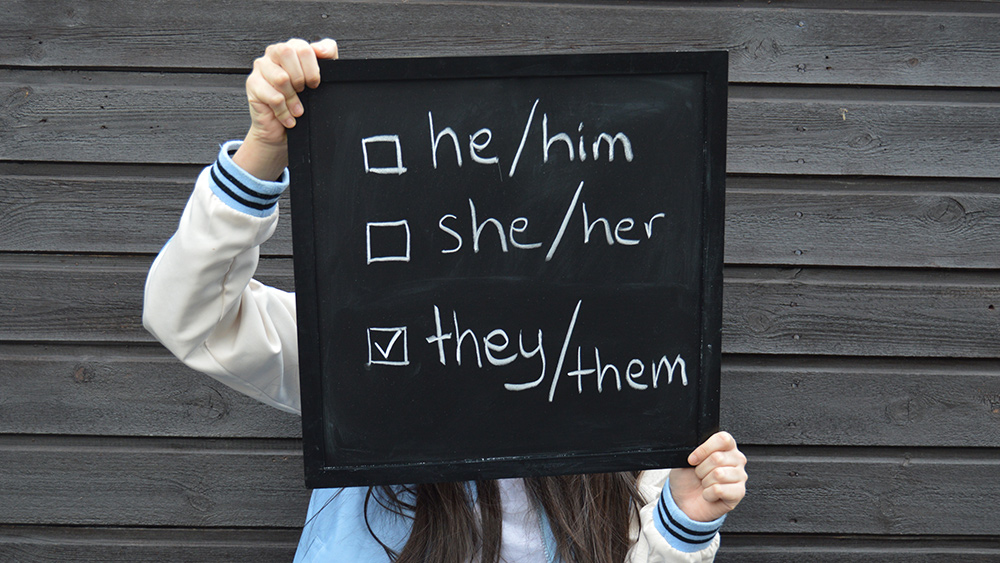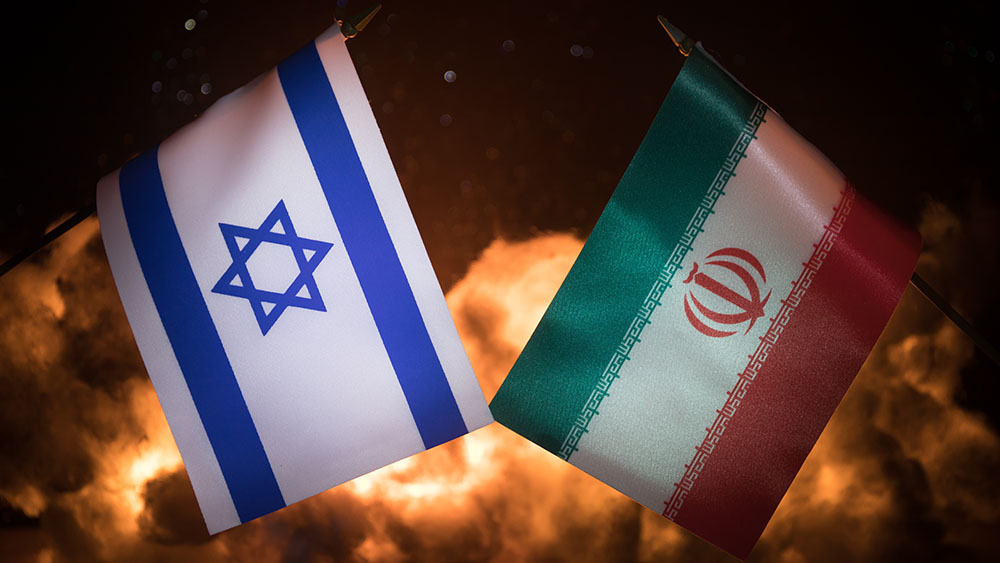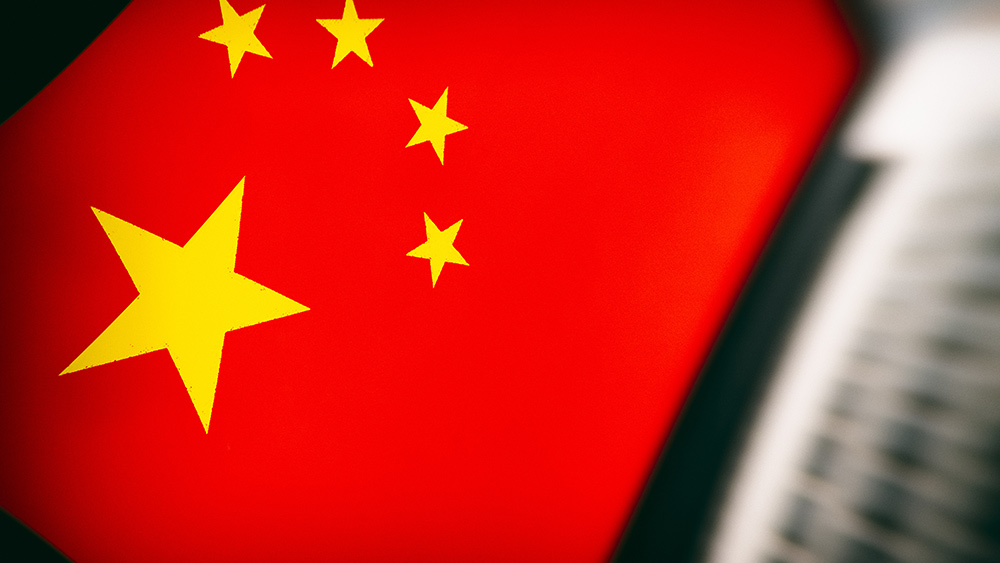 Parler
Parler Gab
Gab
- Russia warns the U.S. against military intervention in the Iran-Israel conflict, calling it an "extremely dangerous step" with unpredictable consequences.
- Putin engages in high-stakes diplomacy, urging de-escalation while defending Iran’s nuclear program under international law.
- Trump denies plans for military action, but reports suggest the U.S. has considered joining Israeli strikes on Iranian nuclear sites.
- Russia raises alarms over Israeli attacks on Iran’s nuclear facilities, warning of a potential Chernobyl-style disaster at the Bushehr plant.
- Moscow’s push for peace is partly self-serving, aiming to protect its regional influence and economic interests while avoiding direct conflict with the U.S.
Moscow’s stern warning to Washington
Russia’s message to the U.S. was unequivocal: Stay out. Speaking at the St. Petersburg International Economic Forum (SPIEF), Zakharova emphasized the dangers of American military intervention, warning that such a move could spiral into uncontrollable violence. The Kremlin’s stance reflects a broader push for diplomatic solutions, with Zakharova stressing that "the priority today is to halt the escalation of violence, achieve a ceasefire, and restore peace." Yet, while Russia positions itself as a mediator, its own geopolitical interests are unmistakable: bolstering Iran, a key ally, while avoiding direct confrontation with Israel and the U.S. Behind the scenes, Putin has been working the phones, holding discussions with world leaders. Reports indicate that Putin urged Trump to avoid further escalation, but the president has publicly dismissed claims that he has decided on military action. "The Wall Street Journal has No Idea what my thoughts are concerning Iran!" Trump wrote on Truth Social, pushing back against speculation. Still, sources suggest that Trump’s administration has considered joining Israel in strikes against Iranian nuclear sites in a move Moscow vehemently opposes. Russia’s diplomatic efforts extend beyond phone calls. Foreign Minister Sergey Lavrov has engaged with counterparts from Turkey, Egypt, Oman, Azerbaijan, and Indonesia, reinforcing Moscow’s call for restraint. Yet despite these overtures, the reality remains worrying: Israel continues its strikes on Iranian nuclear facilities, risking a potential nuclear catastrophe.Nuclear facilities under fire
Russia has raised alarms over Israeli attacks on Iran’s nuclear infrastructure, with Zakharova warning that the world is "millimetres" from disaster. "Nuclear facilities are being struck," she told Reuters. "Where is the (concern from the) entire world community? Where are all the environmentalists? I don't know if they think they are far away and that this (radiation) wave won't reach them. Well, let them read what happened at Fukushima." The stakes are particularly high at Iran’s Bushehr nuclear power plant, built by Russia. Alexei Likhachev, head of Russia’s state nuclear corporation Rosatom, cautioned that an attack on the facility could trigger a Chernobyl-style catastrophe. Hundreds of Russian workers remain on site, heightening concerns over their safety. While Israel justifies its strikes as necessary to prevent Iran from obtaining nuclear weapons, Moscow insists Tehran has upheld its obligations under the Nuclear Non-Proliferation Treaty. Zakharova reiterated Russia’s support for Iran’s nuclear rights, stating, "Our support for a resolution concerning the Iranian nuclear program will always be grounded in international law."A self-serving peacemaker?
Russia’s calls for de-escalation are not purely altruistic. The Kremlin’s strategic partnership with Iran, solidified in a January 2025 agreement, ensures mutual economic and military cooperation. Yet the pact notably lacks a mutual defense clause, meaning Moscow is under no obligation to defend Tehran militarily. Analysts suggest Russia is primarily concerned with preserving its influence in the region while avoiding a direct clash with the U.S. "Moscow clearly doesn’t want conflict with Trump and is also doing everything it can to urge the U.S. to return to diplomacy," said a Russian source with ties to the foreign ministry. At the same time, the conflict presents some benefits for Russia, such as rising oil prices that can bolster its war-strained economy. Additionally, a distracted U.S. could mean reduced focus on Ukraine, a scenario some in Moscow may welcome. The tensions between Iran and Israel threaten to ignite a wider war. While Russia’s warnings may be self-interested, they underscore a critical truth: U.S. military intervention risks plunging the Middle East into chaos. Trump’s ambiguous stance leaves room for speculation, but Washington must tread carefully. The consequences of another Middle East quagmire would be devastating, not just for the region, but for global stability. Sources for this article include: ZeroHedge.com Reuters.com TheGuardian.comTrump’s Iran strikes signal shift to regime change amid calls for caution and retaliation
By Willow Tohi // Share
Trump’s “one-off” strike on Iran nuclear sites follows rare advance notification
By Willow Tohi // Share
Supreme Court halts coercive gender-transition experiments on children in historic ruling
By Willow Tohi // Share
DHS warns of surge in China-made signal jammers smuggled into the United States
By Laura Harris // Share
Governments continue to obscure COVID-19 vaccine data amid rising concerns over excess deaths
By patricklewis // Share
Tech giant Microsoft backs EXTINCTION with its support of carbon capture programs
By ramontomeydw // Share
Germany to resume arms exports to Israel despite repeated ceasefire violations
By isabelle // Share
